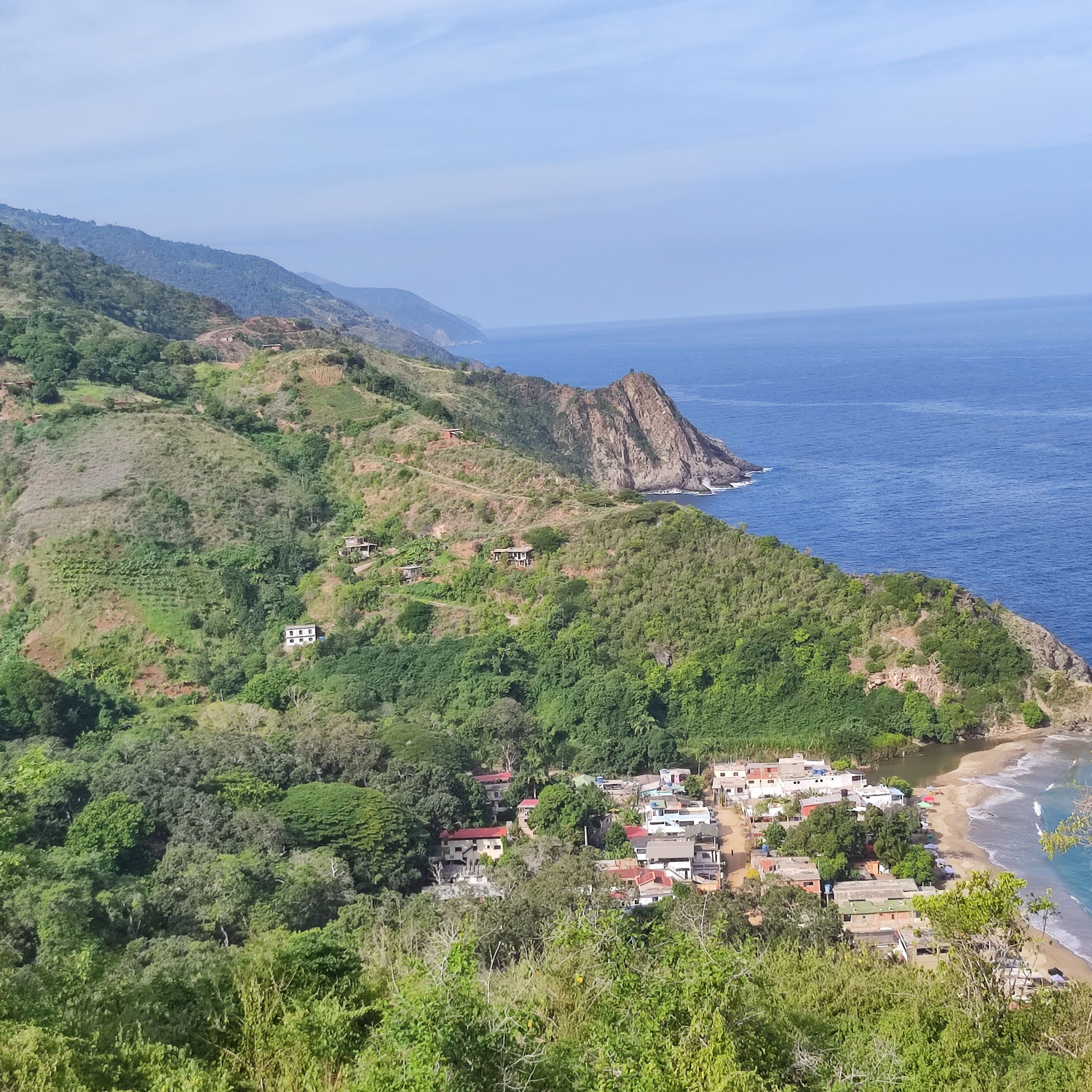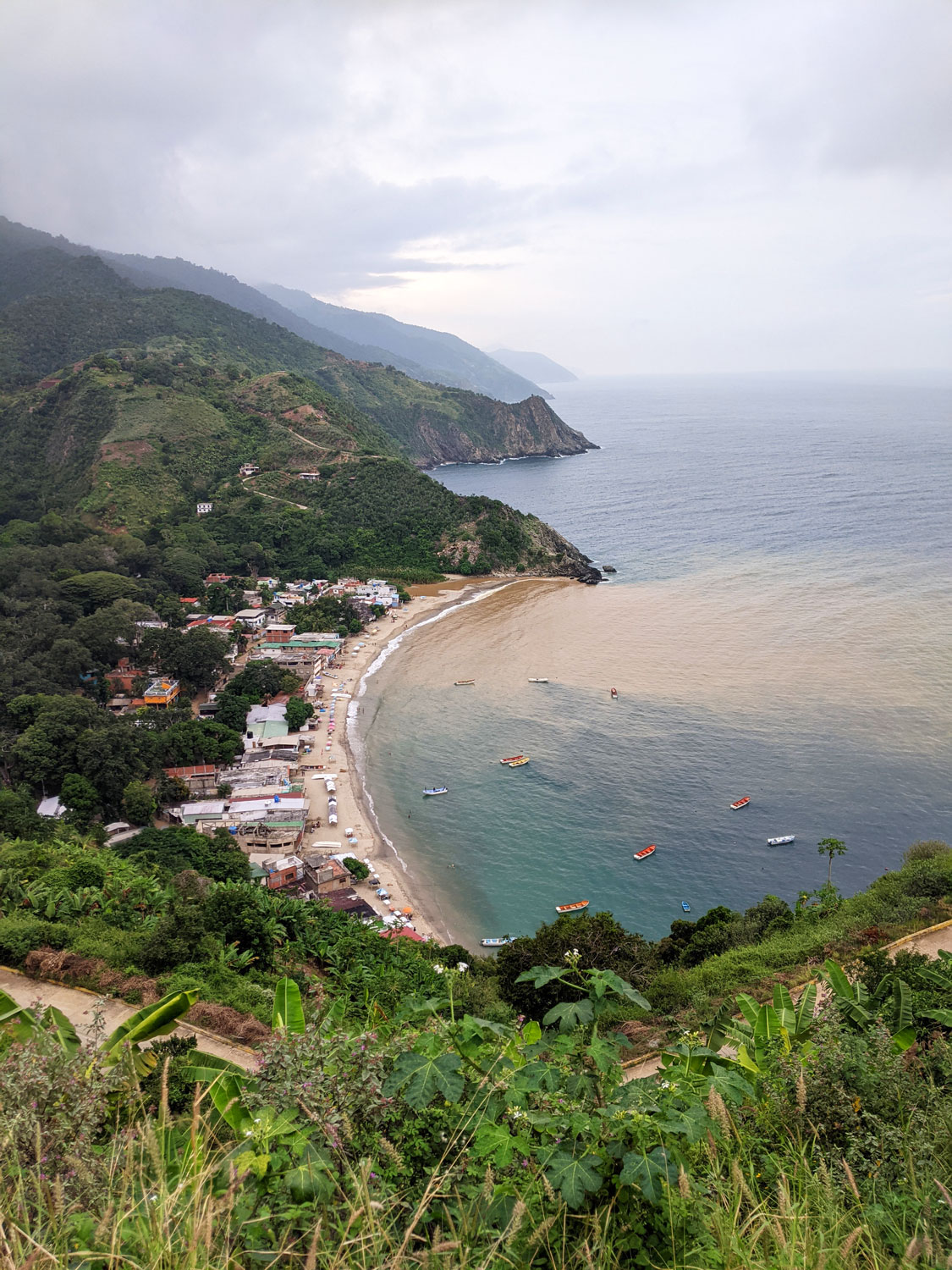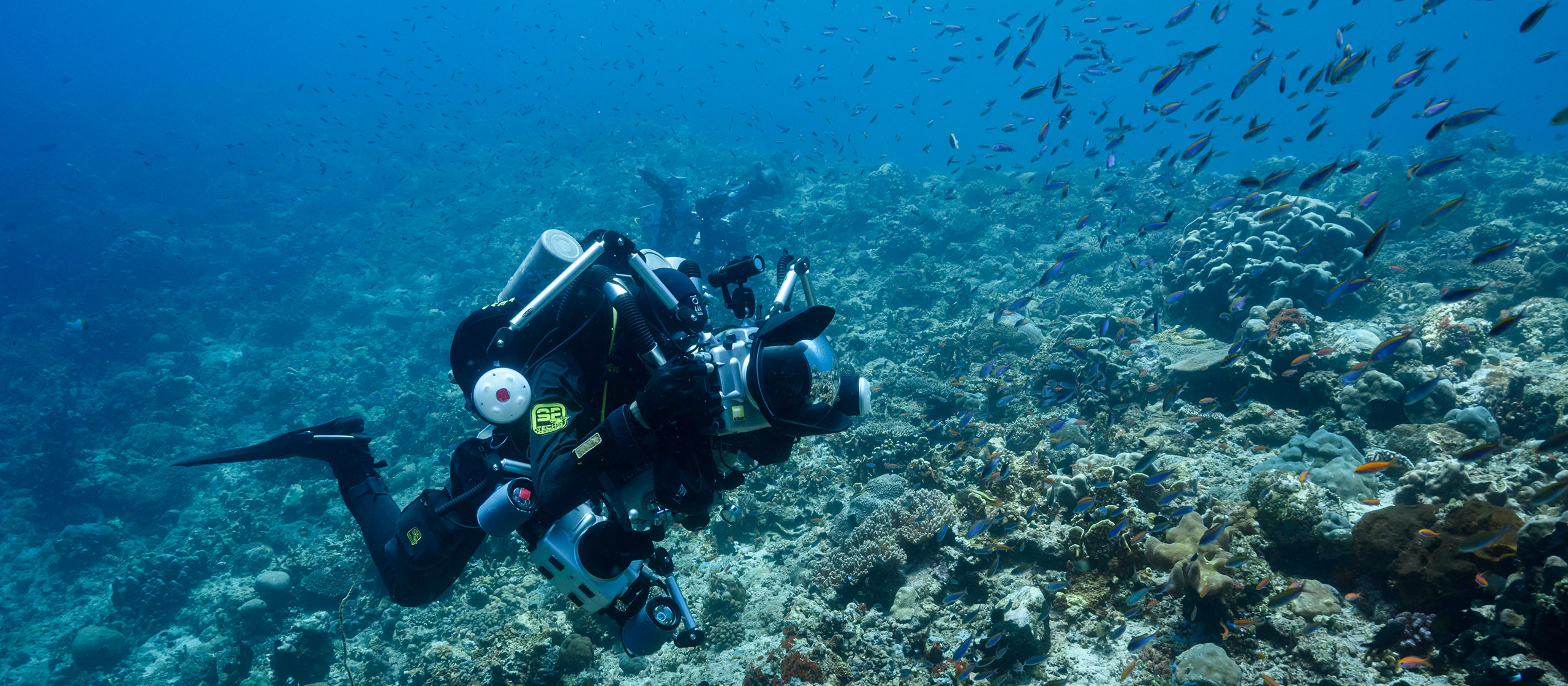How Divers Can Help Influence Public Environmental Policies
The dive industry, especially those who have direct contact with the public and the environment, is in a position to help scientists, educate the public, and influence public policies within local governments.
Why? Because of firsthand observations and community engagement, the dive industry’s unique position allows it to serve as a conduit for information, education, and advocacy, significantly impacting marine conservation and environmental policies.
Observing environmental changes in the same location over time provides valuable insights scientists can leverage. That has always been my proposition: a diver trained to identify problems and possesses the scientific tools to help.
Recognizing the variables that pressure habitats is critical for modeling ecology. Ecological modeling primarily aims to create representations of ecosystems to study the behavior and dynamics of their components. These models assist scientists in predicting how ecosystems respond to various factors, such as climate change, species interactions, and human activities.
The more complex form of modeling is simulation, which predicts changes in environments through large-scale experiments and long-term processes that would be too costly or unethical to conduct in real life. This software helps researchers explore ideas that may be too difficult to test.
I participated in a study at a Blue Flag beach for a university course. Although not a student, I worked as a field technician to collect information about marine biodiversity. The university course was named “Ecohumana” to reflect that communities function as ecosystems, each with its own rules. Anyway, a Blue Flag beach is a beach that has been certified by the Blue Flag Foundation to meet specific standards like water quality, education and information, environmental management, safety, and service. (1)
The most challenging part of a study is identifying the objective, and divers can help with this. For example, the impact of __________ on tropical reef biodiversity. When dealing with multiple factors, a scientist determines human activity and ecological variables and proposes a methodology that includes field surveys, sampling, carbon measurement, etc. Scientists assemble pyramids that describe trophic levels or food webs. Activities such as agriculture, fishing, and hunting influence the structure and dynamics of ecological pyramids.
An example of this is:

This approach is practical for understanding the impact of human interactions, as humans are an integral part of the ecosystem. Like the other animals and plants on the beach—reef—we are just one variable among many. Furthermore, we also act as catalysts for change within the ecosystem.

Lets Look at an Example
Let’s review a hypothetical example: There is one community at the beach, primarily fishermen, with a few restaurants- bras-pops and a couple of inns, and one tiny community of farmers nearby, outside the fisherman’s town in an elevated area, around 50 meters highland. After the site became popular among tourists, the farmers established it. Because it is a rural area, the locals welcomed it, as the need for food to supply the increasing population was more prominent.
Within time, the fisherman noticed that it was harder to find quality fish, that the reef’s biodiversity declined, and that the corals started to bleach. What was happening? What are the causes of these problems? The logic will determine that the increase of sewages dumped into the water as a byproduct of the rise in tourism is causing the event. Right?
That will be a quick judgment! Let look at the details surrounding the human variables. Most housing in the town uses septic tanks, which are environmentally friendly systems if adequately maintained. The fishermen, although grabbing more, maintain the same fishing system. The farmers also used the same system when they started.
The difference between all these variables is time; which practices will more rapidly change the environment? If we scrutinize the farmers’ practices, we find they deforested the nearby land to have space for sowing.
Irrigating the deforestation land generated a runoff soil problem as the land was over and incline over the beach. In time, the unperceived soil particles over the reef caused a drowning effect on the corals, bleaching them. Also, the soil particles do not allow light to pass deep into the reef, and light is necessary for the corals and other plants that produce photosystems. Also, the water contains less oxygen, which is vital for all organisms.
Measuring the water, we have evidence that the farmers were not using too many fertilizers as the levels were not high enough to cause a problem. The problem was, in the first place, deforestation, and, in the second, the irrigation system used was causing the problem. Do the farmers need to be relocated? What about a different crop? Can the farmer use a different irrigation system?
Any decision involves tricky political implementation at this point. Ideally, the local government should conduct a study before the farmers are established. As the example above shows, we must study all human activities around the reef that may exert pressure on it. Knowing the value of these ecosystems, we must devise a way to manage them. The problem with local government is that the administration terms are shorter, and they do not tend to implement long-term policies because they will not get the “political credits” as the effects on the environment will be longer. That is why politicians always think in presidential terms, like four years.
The coral reef has a monetary and intrinsic value that grows or depletes over time; any human intervention activity can go either way. Modeling provides valuable information, but planning extends beyond governance’s period.

Community Involvement
Involving communities in these projects is essential for ensuring sustainability, often surpassing government efforts. Additionally, divers and visitors are responsible for engaging and supporting these communities’ development. Viewing the coral reef as an economic asset is essential, as people understand this concept better. It’s more approachable and more quantifiable for authorities. I would like to see game theory applied to ecology and human activities in the future. As we are also in social science, humans tend to make irrational decisions; as such, this irrationality should be incorporated into these models to represent possible future scenarios.
The dive industry’s partakers should help scientists and pressure our government to take action and lead the educational process.
Creating divers who can identify problems in the reef is crucial, not only by observing the underwater biodiversity but also by identifying land factors that pressure the reef. These divers must be capable of recording events and keeping logs, interacting with scientists in the same language, and teaching the community environmentally friendly practices. The role of the community is key in developing political-administrative ecologically friendly practices.
Many of my observations regarding destructive environmental practices are the lack of knowledge by the perpetrator and not by an economic incentive value. We have hard times ahead, and the role of the dive industry must encompass these challenges.
I leave the reader a few questions:
- What strategies can be implemented to balance agricultural practices with coral reef conservation?
- How can local communities be effectively educated and engaged in sustainable practices?
- What role can government policies play in ensuring long-term ecological restoration of coral reefs?
Creating a specialty course where divers can learn the language and tools to help scientists record, collect, and identify possible pressure factors is arguably essential for developing countries and empowering local communities to better manage their environment.
1 “Slovenia: Meeting of the National Commission for Blue Flags.” MENA Report, no. (2023).
About the author
Carlos is a self-taught amateur archaeologist, author, programmer, and statistician with a background in economics and over 25 years in the diving industry.
Carlos Authored the “Beyond the Diving Course” book series. Link: https://carloslander.bio.link/


